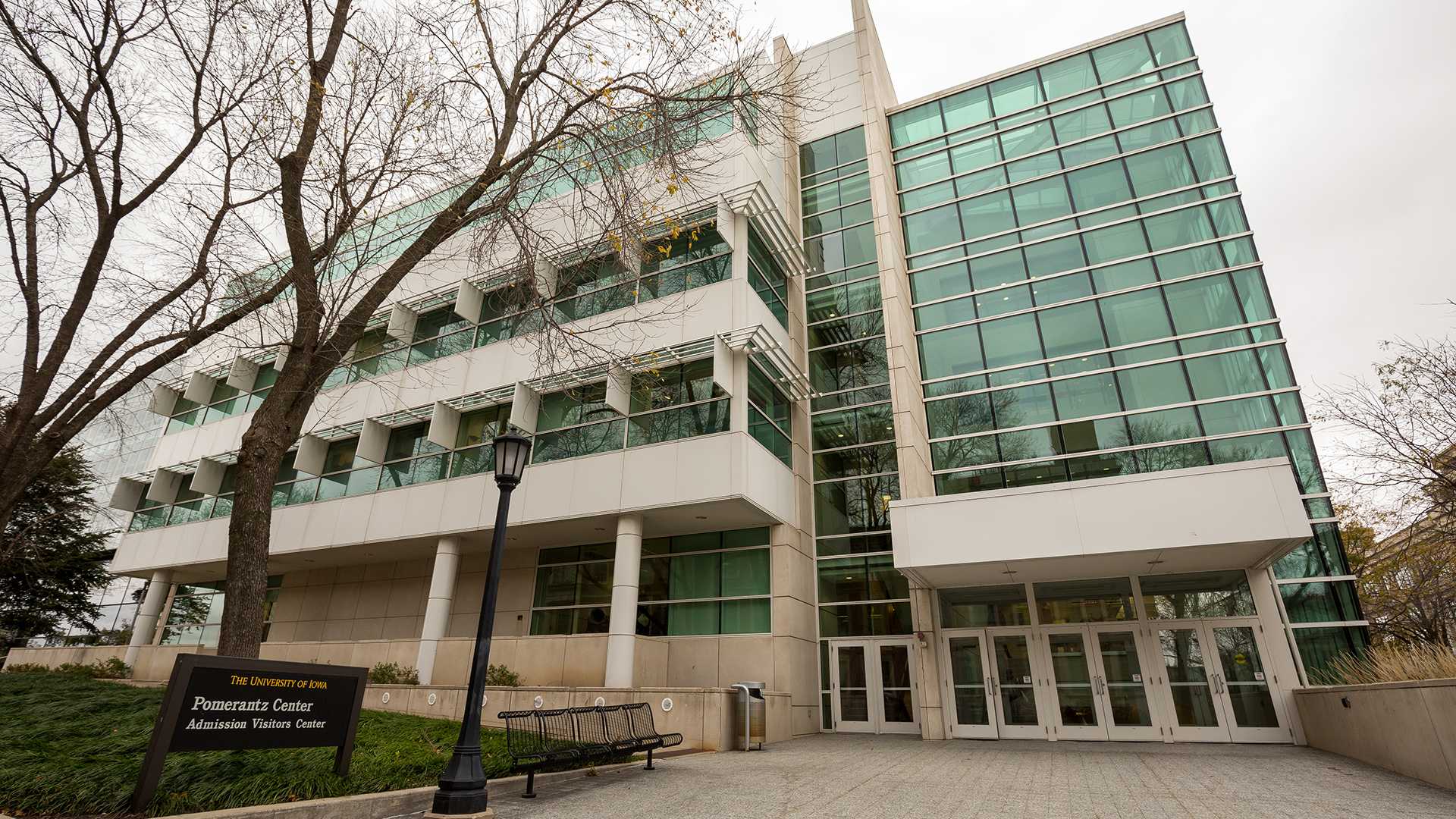Kumar: After the American Dream
Marginalized people who change their views on the issues that used to affect them after “achieving the American dream” haven’t really achieved anything at all
File photo
February 28, 2019
You always see the heartwarming stories of people who’ve “pulled themselves up by their bootstraps” and “achieved the American Dream” circulating. Those who truly started from the bottom and overcame one of the many social or economic barriers American society is riddled with. Rather than attempt to remove those barriers, we reward those who succeed with acceptance. It’s sort of like a test, and we pit marginalized people against each other to see who’ll come out on top. This very dynamic fosters a competitive mindset that turns marginalized persons against each other and those trying to succeed after them.
RELATED: American Dream theme semester creates campus and community conversation
One example is with immigration. The Center for Immigration Studies (a nonpartisan research organization) cites a 2010 Zogby poll that states more than half of Hispanics, Asian Americans, and African Americans believed immigration levels were too high, that illegal immigration is caused by poor enforcement, and encouraged “illegal” immigrants to go home rather than provide a path to citizenship.
Another example is with women in regards to sexism. It’s no secret either that women are consistently pitted against each other as well to see who comes out on top in a society that wasn’t built for their success in the first place. Women begin to see each other as threats and tear each other down rather than work together for success.
In my own Indian community, I see this backwards cycle at work more and more often. An Indian family moves here, works hard, becomes middle class, assimilates into the suburban lifestyle, and instantly looks down on anyone who has started the same journey they just completed.
RELATED: Kumar: Advocacy between minorities is key to success
What do they gain from this switch in attitude? Nothing but the uneasy acceptance of a society that will never see them as equals. These are prime examples of marginalized groups who flip their views on issues that directly affect them and hinder the success of those that come after.
In 2019, it’s hard to believe these sentiments exist. Things have in fact gotten better, but the negative voices have gotten louder with this presidential administration. Marginalized groups and those who’ve “made it” feel more pressure than ever to defend what they’ve earned. Time after time, I’ve heard my friends’ parents disparage efforts of racial equality, call for more restrictive immigration laws, and say those who use welfare choose to be poor.
RELATED: Rosario: Demystifying the Asian model minority myth
These hypocritical attitudes do not better society by dismantling the limitations in place but rather reinforce the barriers. The cycle of struggle continues because we allow it to. It baffles me that anyone would wish their struggles on anyone else. The American Dream shouldn’t be something that we fight each other to achieve but rather a way of life and a set of opportunities that are guaranteed for all who want it.
At the end of the day, the successes of marginalized people help us by getting us one step closer to not being “marginalized” anymore. Forgetting your roots enables the system that sought to keep you out in the first place. You should want to see others like you succeed; what you went through doesn’t magically disappear once you’ve “made it.”






